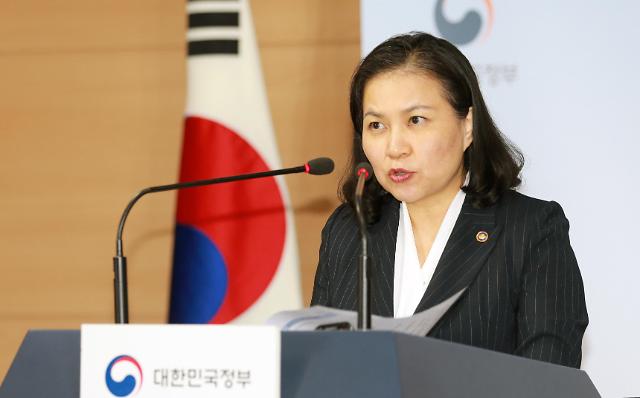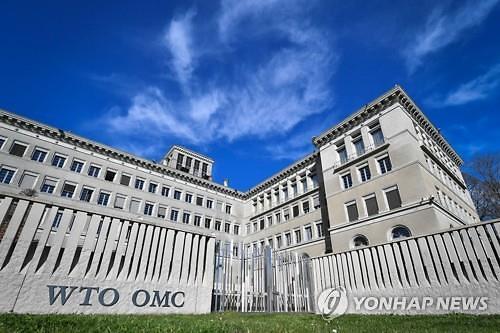
[Gettyimages Bank]
That's what U.S. President Donald Trump said in his inaugural speech on January 20, 2017. It was a declaration that he would seek protectionism to actualize his presidential slogan "Make America Great Again." Trump's slogan for his re-election bid in 2020 is "Keep America Great! Promises made, promises kept". It can be interpreted as a pledge to continue pushing protectionism.
Trump's protectionist actions were as strong. As soon as he took office, he withdrew from the Trans-Pacific Partnership (TPP). For him, the free trade agreement (FTA) was a "disaster" for the U.S. That's why he revised FTAs with South Korea, Canada and Mexico and forced Japan to negotiate bilateral trade. Trump is finally waging a trade war against China and demanding a trade agreement in his favor.
Trump can't afford to leave the World Trade Organization (WTO) alone. WTO is the world's top trade court and has served as the advance guard of a multilateral free trade order. Trump threatened to withdraw from WTO and put the brakes on the nomination of a member of WTO's appellate body.
The appellate body is in charge of primarily reviewing and adjudicating disputes brought to WTO. It is the "great court" of world trade and consists of seven members in total with at least three being required to make a decision. Currently, four are vacant and two will serve their terms until December 10 this year. If Trump doesn't reason himself out of his obstinacy, the appellate body will lose its function and become a one-man system, paralyzing WTO's dispute settlement process. WTO Director-General Roberto Azevedo has warned of trade retaliation.
The WTO dispute over fisheries products between Seoul and Tokyo resulted in South Korea winning the appeal hearing. WTO's appellate body faces a dispute over Japan's restrictions on exports to South Korea that will be put on the agenda at WTO's general board meeting on July 23 and 24.
Foreign news outlets reported that WTO faced its biggest crisis. WTO is in a crisis of existence due to Trump's threat and a flurry of demands for fragmentary reforms that reflect the various interests of countries.
There are calls for WTO's reforms due to intensifying protectionism, changes in trade patterns and technological development including e-commerce. However, it is not easy to come up with reform plans that will meet all the demands of each country. As the U.S., which played a role as a midwife of the WTO, has turned its back on it, the free trade watchdog has also lost its focus.
Since World War II, free trade has served as a strong growth engine for the global economy. The U.S.-led General Agreement on Tariffs and Trade (GATT) and the WTO system, which succeeded GATT, supported a free trade order. The U.S. had a strong incentive to pursue free trade because it is an overwhelming competitive edge. Free trade has widened the gap between competitive and weak countries, but it has softened discontent over the widened gap by dividing profits and boosting growth.
The problem is that U.S. incentives for free trade have weakened as the competitiveness of latecomers has increased. As it suffered a huge trade deficit, the U.S. has become opposed to the growing voices of China and other emerging economies within WTO. Now, China claims to be the protector of free trade.
In the same context, experts criticize Japanese Prime Minister Shinzo Abe's measures to regulate exports to South Korea. Should Japan, which grew up within the free trade framework, follow Trump's anti-trade offensive? Still, Abe defends free trade in the international community and is wary of Trump's anti-trade offensive against his country.
(This article was contributed by Aju Business Daily's international division chief editor Kim Shin-hoe)
Copyright ⓒ Aju Press All rights reserved.



![[ANALYSIS] Illegality of Japans trade retaliation at issue in new round of S. Korea-Japan battle in WTO](https://image.ajunews.com/content/image/2019/10/11/20191011103314823100.jpg)
